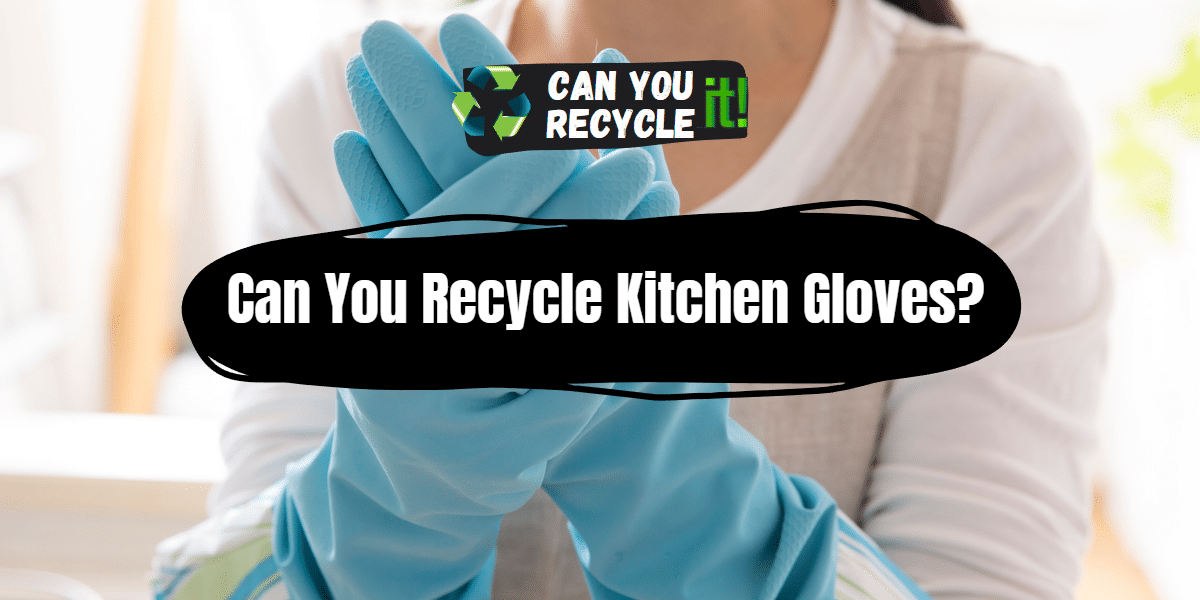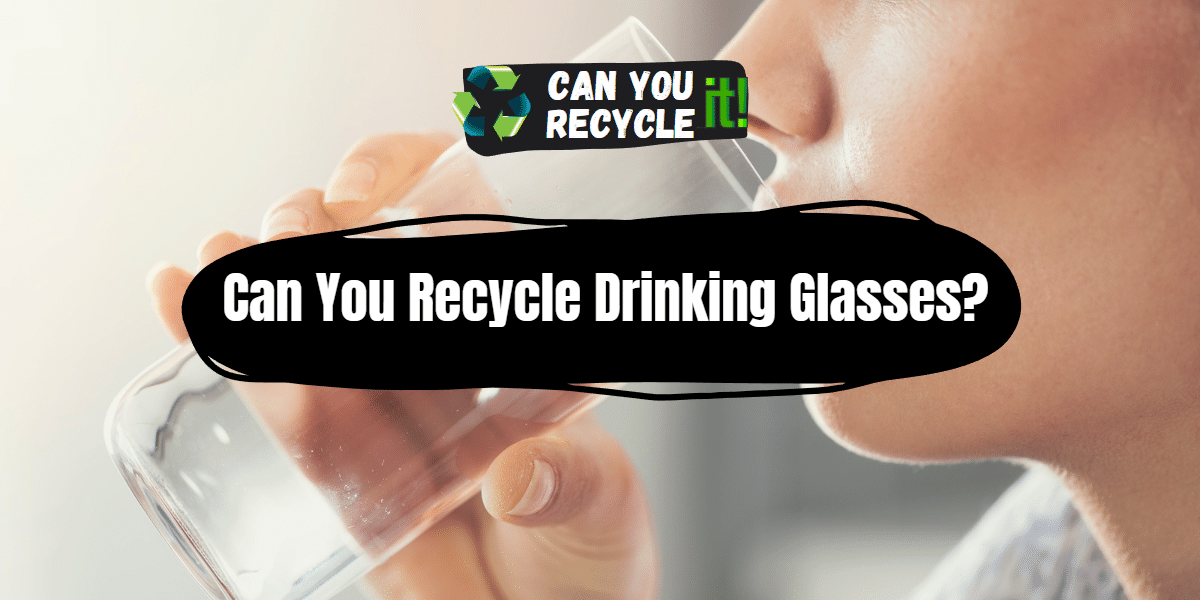Yes, you can recycle paint. However, it is essential to note that not all types of paint can be recycled. Oil-based paint, for example, cannot be recycled and must be disposed of properly. Water-based paint, on the other hand, can be recycled in most communities.
Recycling options for paint depend on various factors, including the type of paint, local regulations, and recycling facilities.
In this article, we will explore the dos and don’ts of recycling paint, provide a step-by-step guide to recycling paint, discuss alternative options for paint that cannot be recycled, examine the environmental impact of paint recycling, address frequently asked questions, and conclude with final thoughts on this topic. So, let’s dive in!
Table of Contents
Do’s and Don’ts
When it comes to recycling paint, it’s essential to keep the following dos and don’ts in mind:
Dos
- Do check local regulations: Research local regulations regarding paint disposal and recycling in your area. Different regions may have specific guidelines and restrictions, so it’s crucial to know the rules before disposing of or recycling paint.
- Do use up paint: Before considering recycling, use as much paint as possible. Paint leftovers can be used for touch-ups or small projects. Sharing excess paint with friends, neighbors, or community organizations can also be a sustainable option.
- Do donate usable paint: If you have unopened and usable paint that you no longer need, consider donating it to organizations, charities, or individuals who can make use of it. Many community-based programs accept donations of paint for various projects.
Don’ts
- Please don’t dispose of paint in regular trash: It’s important not to dispose of paint in regular trash bins. Liquid paint is considered hazardous waste and can contaminate the environment if improperly handled. Improper disposal can also lead to clogged drains and pose risks to waste management workers.
- Don’t pour paint down the drain: Never pour paint down the drain or into bodies of water. This can cause water pollution and harm aquatic life. Always follow proper disposal or recycling methods to minimize environmental impact.
5-Step Guide to Recycle Paint
Recycling paint can be done in a few simple steps:
Step 1
Check paint condition: Determine if the paint is still usable. If the paint has become solid or unusable, it may not be suitable for recycling. In such cases, it’s best to focus on proper disposal methods.
Step 2
Evaluate recycling options: Research local recycling programs or facilities that accept paint for recycling. Some regions have dedicated paint recycling programs or events. Check if your local recycling center accepts paint or has specific requirements for recycling.
Step 3
Prepare paint for recycling: If the paint is suitable for recycling, prepare it by ensuring the containers are tightly sealed, and the labels are intact. Remove any dried paint around the lids to facilitate the recycling process.
Step 4
Deliver paint for recycling: Take the prepared paint containers to the designated recycling facility or collection event. Follow the guidelines provided by the facility or program to ensure proper handling and recycling.
Step 5
Track the recycling process: If possible, inquire about the recycling process and the destination of the paint after drop-off. Some facilities provide information on how the paint is recycled and the products it may be transformed into.
What to Do with Paint That Cannot Be Recycled
In some cases, paint may not be suitable for recycling. Here are alternative options for paint that cannot be recycled:
- Proper disposal: If the paint is expired, unusable, or not accepted for recycling, follow proper disposal methods. Contact your local waste management authority to learn about hazardous waste collection programs or drop-off locations.
- Solidify and dispose of: You can solidify latex paint before disposal. Mix the paint with an absorbent material like kitty litter, sawdust, or paint hardener. Once solidified, dispose of it as regular trash according to local guidelines.
- Community sharing programs: Explore local community sharing programs where individuals can offer or request paint. These platforms connect people with extra paint with those in need, reducing waste and promoting reuse.
- Hazardous waste collection: If the paint is considered hazardous, it should be disposed of through designated hazardous waste collection programs. These programs ensure proper handling and disposal to minimize environmental harm.
Environmental Impact of Recycling Paint
Recycling paint offers several environmental benefits:
- Reduces waste: Recycling paint diverts it from landfills, reducing the amount of waste that accumulates and potentially harms the environment.
- Conserves resources: Recycling paint allows for the recovery and reuse of valuable materials. This helps conserve natural resources and reduces the need for extracting and processing raw materials.
- Energy savings: Recycling paint requires less energy than producing new paint from virgin materials. These energy savings contribute to reducing greenhouse gas emissions and mitigating climate change.
- Prevents water pollution: Proper paint recycling prevents the release of hazardous substances into water sources, protecting aquatic ecosystems and ensuring clean water supplies.
FAQs for Can You Recycle Paint
Can all types of paint be recycled?
The recycling options for paint may vary depending on the type of paint. Latex or water-based paints are generally more recyclable than oil-based paints—research local recycling programs to determine which types of paint they accept.
Are there any restrictions on recycling partially filled paint cans?
Some recycling programs may restrict partially filled paint cans for safety reasons. It’s best to check with the recycling facility or program for specific guidelines.
Can I recycle aerosol paint cans?
Aerosol paint cans are typically recyclable. However, certain restrictions, such as removing the plastic cap or checking if the local recycling program accepts aerosol cans, may apply. Always check with the recycling facility for guidance.
Conclusion and final thoughts 💭
Properly managing and recycling paint is crucial for minimizing environmental impact and promoting sustainable practices. While recycling options for paint may vary depending on local regulations and facilities, it’s essential to explore the available options for responsible disposal and recycling. By following the dos and don’ts, utilizing the step-by-step guide, and considering alternative options for non-recyclable paint, we can contribute to reducing waste, conserving resources, and protecting our planet.
Remember, responsible paint disposal is not just an individual responsibility; it’s a collective effort to create a cleaner and greener future. Let’s make conscious choices and encourage others to join the movement toward a more sustainable world.





Leave a Reply